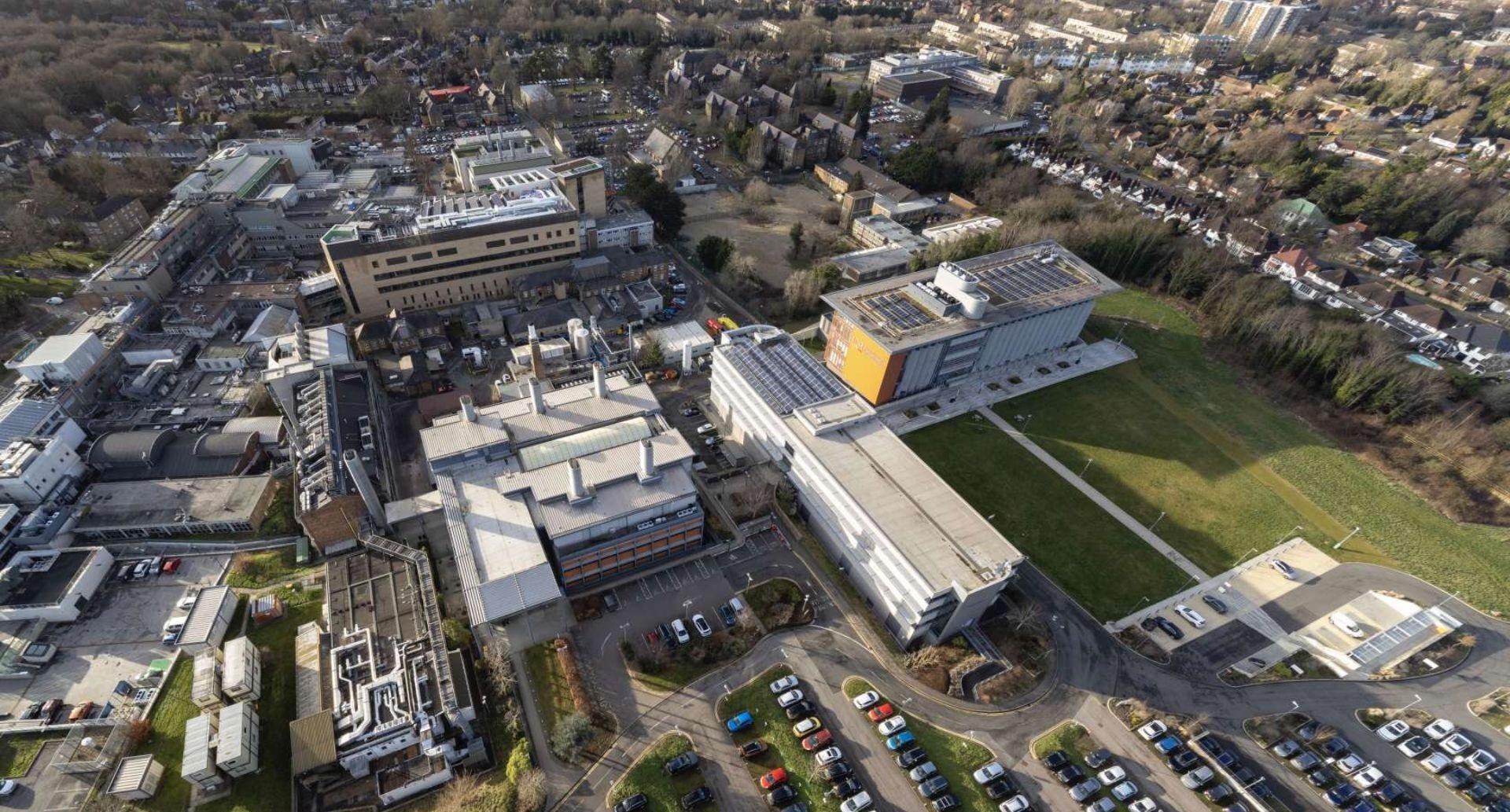Our history
The Institute of Cancer Research, London, has been carrying out world-leading research into the causes of cancer, and how it might be treated or prevented, for more than 100 years.
The ICR was founded in 1909 as The Cancer Hospital Research Institute, a small research laboratory within what would become The Royal Marsden in Chelsea. It was officially opened by Prince Arthur, Duke of Connaught and Strathearn, in 1911 during his visit to award The Royal Marsden its Royal Charter.
When the NHS was formed in 1948, the ICR became independent from The Royal Marsden, requiring a legal separation of the two organisations. But the ICR still works in close partnership with the hospital, allowing us to have a unique ‘bench-to-bedside’ approach, and together the two organisations are rated as one of the top centres for cancer research and treatment in the world.
Over the course of the ICR’s history, the organisation has grown substantially, and in the 1930s expanded into larger premises at its current location in 237 Fulham Road. Alongside The Royal Marsden, we expanded to a second London site in Sutton in the 1950s to work on the new field of nuclear medicine, creating a centre of excellence in medical physics and radiotherapy.
Right from the start, ICR researchers have made pioneering discoveries that have helped drive forward cancer research worldwide and had significant benefits for patients. In the 1920s and 30s, our scientists made some of the first discoveries of carcinogenic compounds in coal tar. Throughout the 1930s, 40s and 50s, ICR researchers carried out important early work on the role of chemotherapy, developing melphalan and chlorambucil – two drugs still used to treat cancer today.
In the 1960s, ICR researchers provided the first conclusive evidence that DNA damage is the fundamental cause of cancer, and showed the essential role of the thymus in our immune systems – a discovery that helped pave the way to modern immunotherapy.
In the 1970s and 80s, the ICR helped to discover and develop carboplatin, a drug used to treat solid tumours with fewer side-effects than the existing treatment (cisplatin). ICR scientists worked to improve the accuracy of radiotherapy during the 1980s, developing techniques that better targeted tumours. They also found the cancer-causing gene NRAS and helped to discover another gene, RAF, before elucidating their role in driving cancer via the MAP kinase signalling pathway.
The 1990s saw the discovery of BRCA2, an important gene in the familial inheritance of breast and ovarian cancer. Since 2005, the ICR has discovered 20 preclinical drug candidates, and has taken 11 new drugs into clinical trials. One of those was abiraterone, approved by NICE in 2012 to treat advanced prostate cancer.
As well as our prestigious research history, the ICR has a long history in training the next generation of cancer researchers. In 1927, the University of London recognised the hospital and research institute together as a centre for postgraduate medical teaching and training. When the ICR separated from The Royal Marsden over 20 years later, the ICR took the academic status and became part of the British Postgraduate Medical Federation. When this was dissolved in 1996 the ICR became an Associate Institution of the University of London, and was recognised as a full College of the University of London in 2003.
